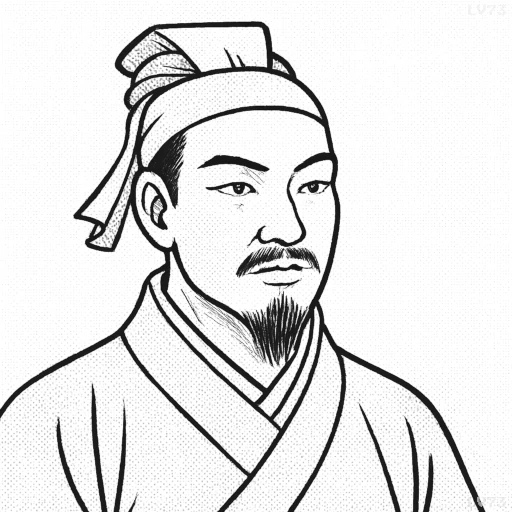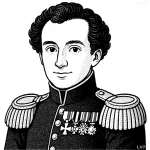“Quickness is the essence of the war.”

- 544 BC-496 BC
- Born in China
- Military strategist, military strategist
table of contents
Quote
“Quickness is the essence of the war.”
Explanation
In this quote, Sun Tzu underscores the importance of speed and decisiveness in warfare. He argues that swift action and timing can be the deciding factors in a conflict. By moving quickly, a commander can exploit opportunities before the enemy has time to react or adjust. Delays in executing a plan can lead to lost advantages, as the enemy may have time to fortify their position, reorganize, or counterattack. Sun Tzu’s principle suggests that victory often goes to the side that can act faster, taking advantage of momentum and surprise to gain the upper hand. Quickness in warfare also prevents the opponent from regrouping, making it difficult for them to mount a coherent defense.
In the modern world, the principle of quickness applies not only in military strategy but also in business and technology. In business, companies that can innovate and execute new products or strategies quickly often gain a competitive advantage. For instance, the rapid development and release of smartphones by companies like Apple and Samsung have allowed them to dominate the market, as they were able to act on emerging trends before competitors could catch up. Similarly, in technology, the ability to respond quickly to market changes or consumer demands is crucial. Companies like Amazon have thrived by making rapid adjustments to their business models, from expanding cloud computing services to implementing same-day delivery options. In this sense, Sun Tzu’s emphasis on quickness highlights the modern advantage of being agile and responsive in a fast-paced environment.
Historically, speed and surprise have been critical in achieving military success. For example, Hannibal’s tactics during the Second Punic War are legendary for their speed, particularly his rapid movements across the Alps to launch a surprise attack on Rome. Similarly, the German blitzkrieg tactics in World War II relied on fast, coordinated movements of tanks, aircraft, and infantry, overwhelming enemy positions before they could mount a solid defense. The principle of quickness also extends to Napoleon Bonaparte, whose ability to move his army quickly and decisively across vast distances often caught his enemies off guard, leading to a series of victories. In both ancient and modern warfare, as well as in other fields, quickness remains an essential factor in gaining the upper hand and securing success before the enemy has a chance to react.
Would you like to share your impressions or related stories about this quote in the comments section?


